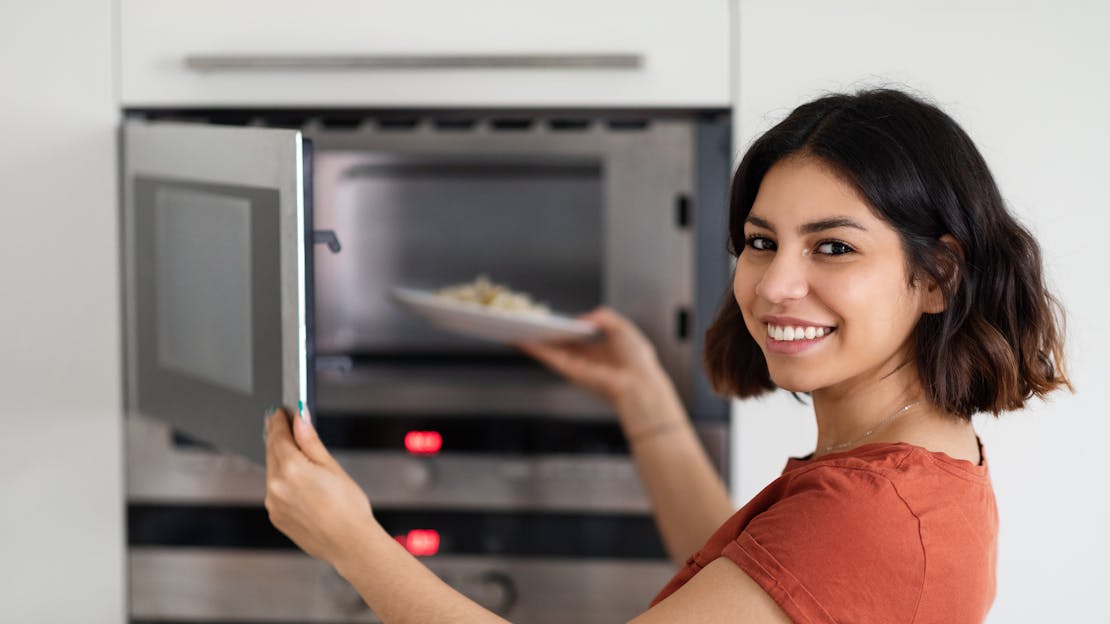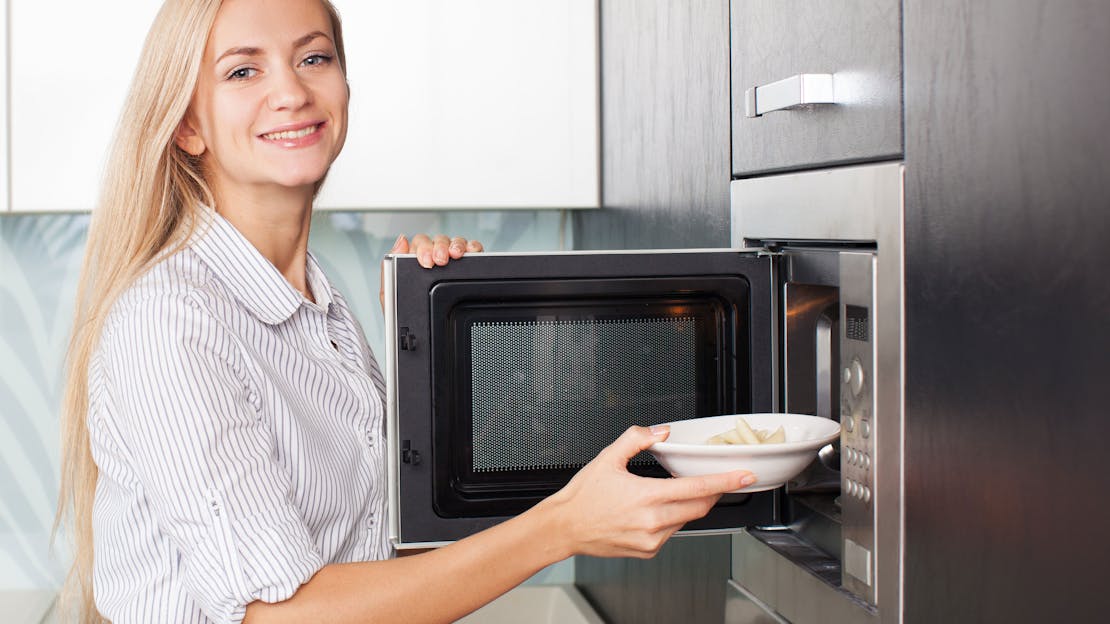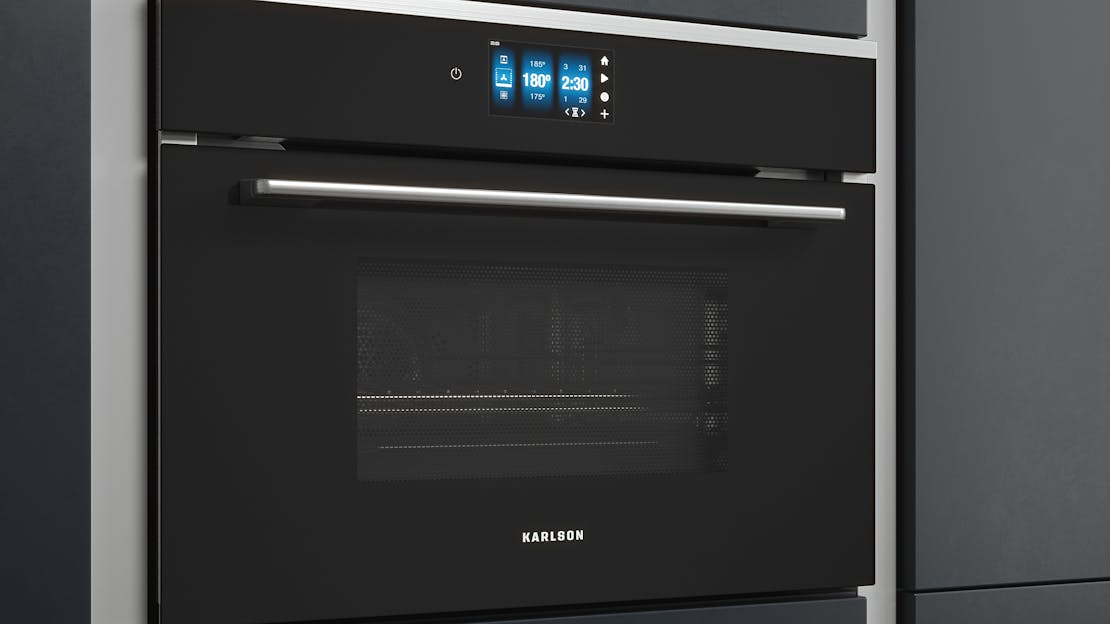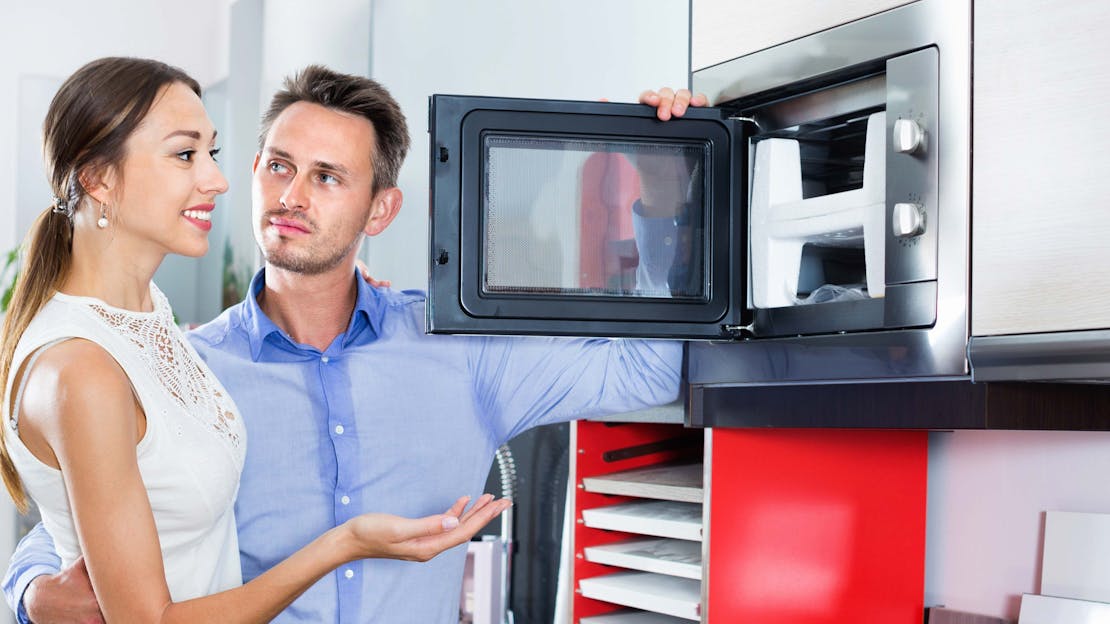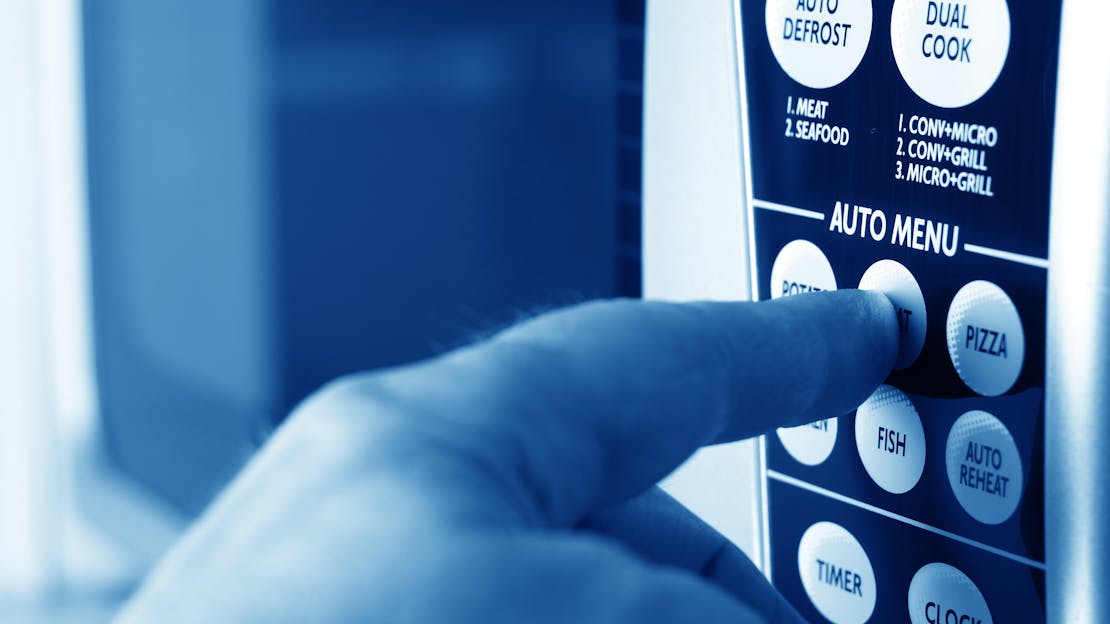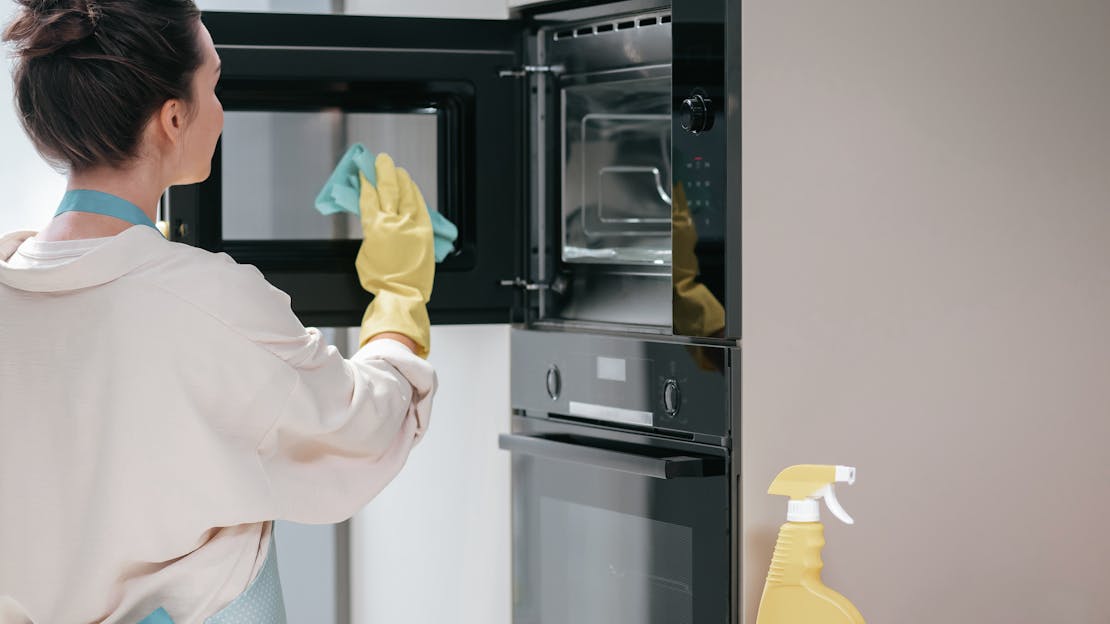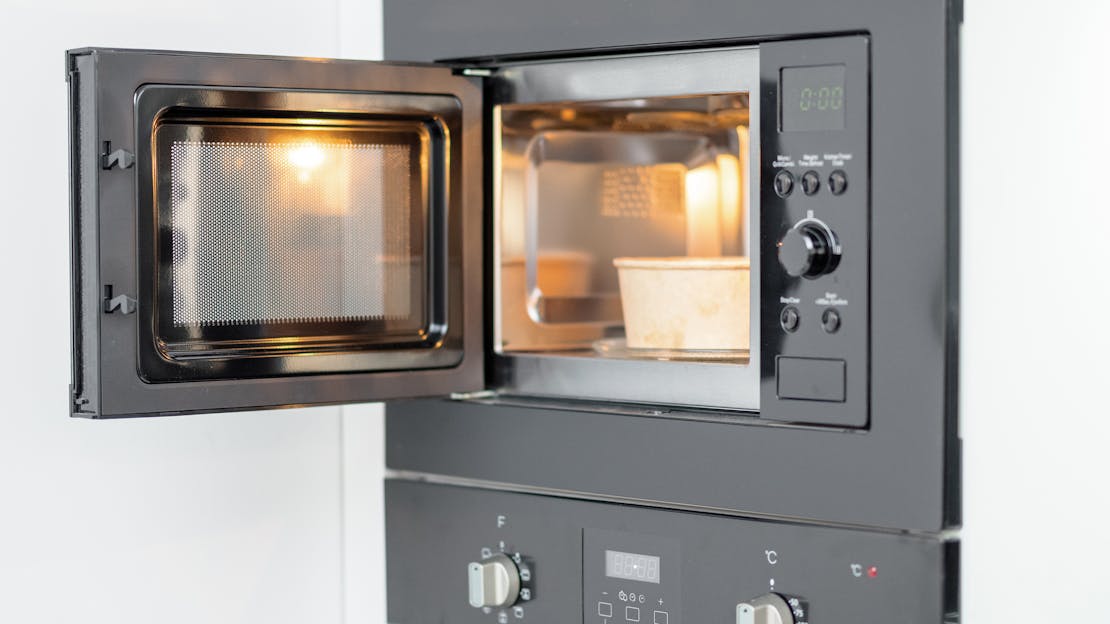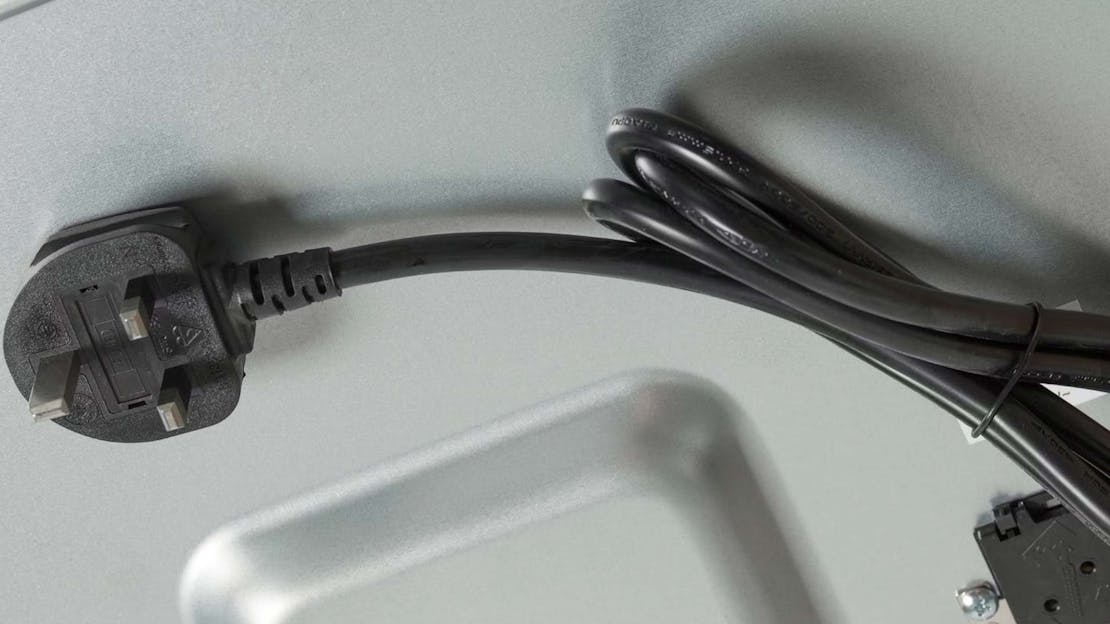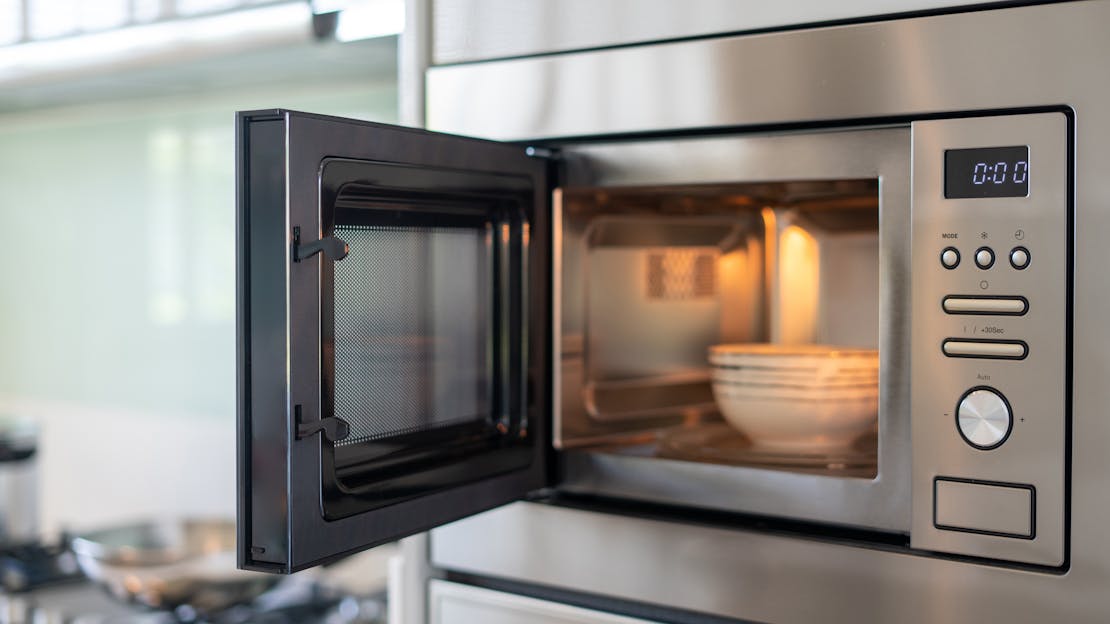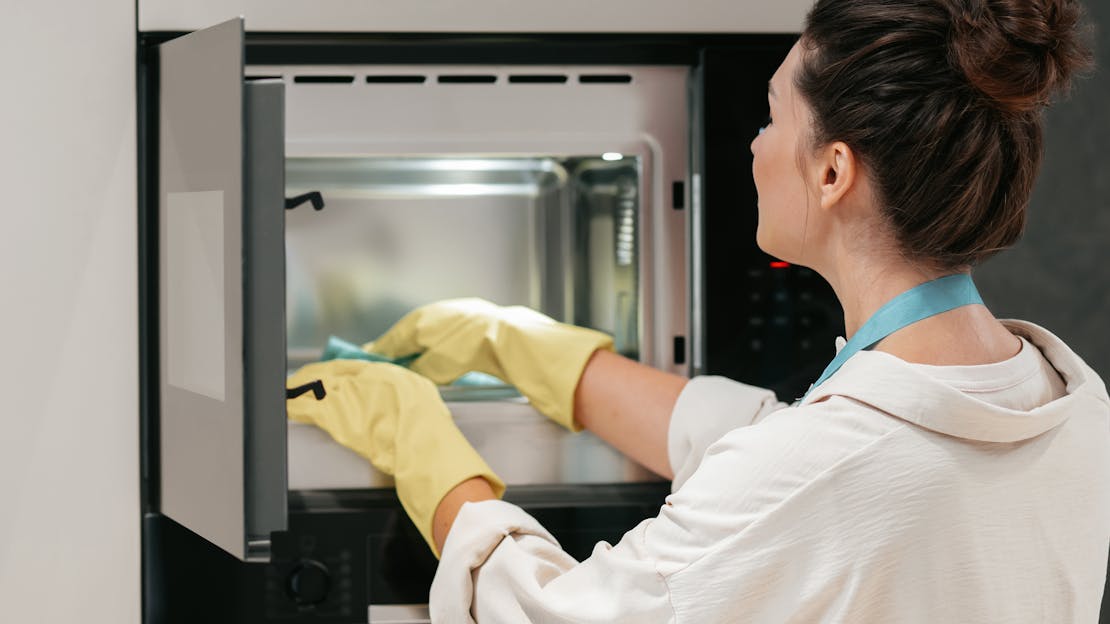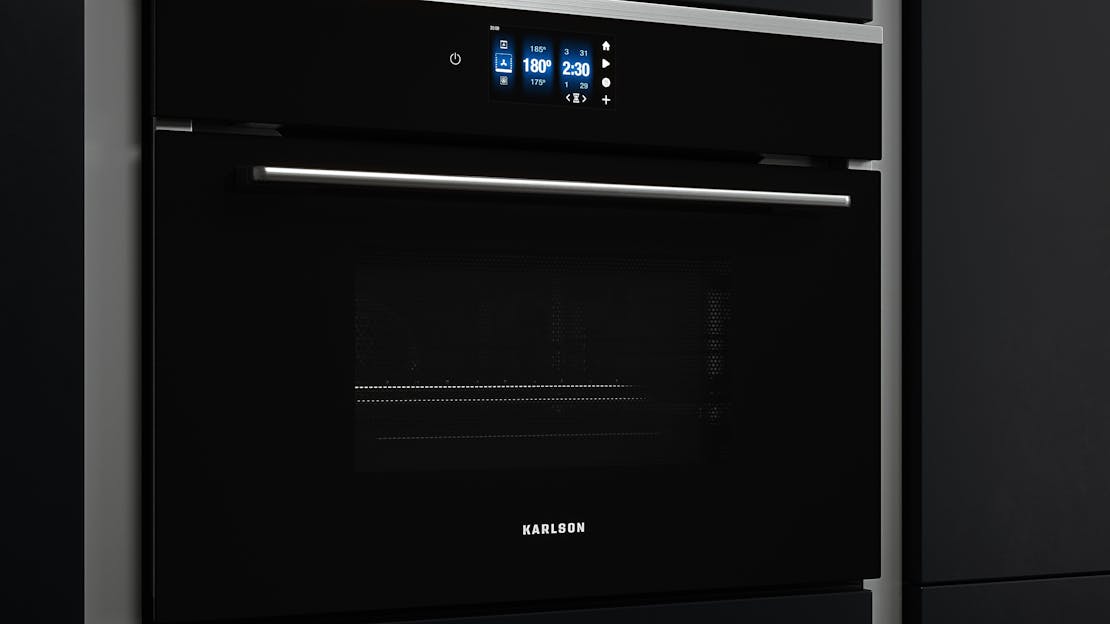
Are Microwaves Energy Efficient?
Are Microwaves Energy Efficient? A Detailed Breakdown
Yes, microwaves are generally energy efficient, especially when compared to conventional ovens or hobs for certain cooking tasks. Below is a detailed breakdown of their efficiency in terms of energy consumption, heat transfer efficiency, time savings, and practical applications.
Energy Consumption (Power Use)
Microwaves typically use between 600 to 1200 watts of electricity. For comparison:
| Appliance | Power Usage (Approx.) |
|---|---|
| Microwave | 600–1200 watts |
| Electric oven | 2000–5000 watts |
| Electric hob | 1200–3000 watts |
| Toaster oven | 1200–1800 watts |
Microwaves draw less power overall, especially for short tasks like reheating or cooking small portions.
Heat Transfer Efficiency
Microwaves heat food using dielectric heating: electromagnetic waves excite water molecules directly in the food, producing heat internally rather than transferring it from the outside like ovens.
- Microwave efficiency: 60–70% (energy converted to heat in the food)
- Electric ovens: ~12–14%
- Gas ovens: ~6–10%
This makes microwaves 4–6 times more efficient at transferring energy into food compared to ovens.
Cooking Time and Total Energy Use
Because microwaves cook faster, the total energy used per meal is often much lower:
- Reheating a plate of food in a microwave:
1000 watts x 3 minutes = 0.05 kWh - Reheating the same food in an oven (15 minutes preheat + 10 minutes):
3000 watts x 25 minutes = 1.25 kWh
That’s 25 x more energy used in an oven for the same task.
Cost Efficiency
Assuming £0.15 per kWh (as an example):
- Microwave: 0.05 kWh × £0.15 = £0.0075
- Oven: 1.25 kWh x £0.15 = £0.1875
This results in significant savings over time, especially with regular use.
When Are Microwaves Most Efficient?
Microwaves are most energy-efficient when used for:
- Reheating leftovers
- Cooking small portions (vegetables, porridge, single servings)
- Defrosting food
- Steaming or softening ingredients quickly
Other Considerations
| Factor | Microwave | Oven/Hob |
|---|---|---|
| Heat loss to surroundings | Minimal | High |
| Kitchen heat buildup | Low | High |
| Environmental impact | Lower (short duration, electric) | Higher (especially gas ovens) |
Limitations
- Not ideal for browning, crisping, or baking
- May cause uneven heating
- Lower capacity for large meals or multiple items
Conclusion
Microwaves are highly energy-efficient for most short cooking tasks. They minimise energy waste, cook faster, and cost less to operate. While not suitable for every culinary task, they are one of the best options for energy-conscious cooking at home.
Top Selling Integrated Microwaves from MyAppliances
Uncover convenience and versatility with our array of integrated microwaves. From standard microwaves for swift heating to grill combination microwaves and convection microwaves for more intricate cooking choices, we cater to every culinary preference. Enhance your kitchen today and delve into our cutting edge microwave solutions.
Everything you need to know about Microwaves
Everything you need to know about Microwaves
Integrated microwaves seamlessly blend into your kitchen design while providing convenient cooking solutions. With their space-saving design and versatile functionality, integrated microwaves offer efficient heating and defrosting options. Explore our articles for expert tips and maintenance advice tailored to optimise your experience with integrated microwaves, ensuring quick and delicious meals with ease in your kitchen.
![The Ultimate Buying Guide for Microwaves]()
In this guide, we'll delve into the world of microwaves, exploring their various types and functionalities, and providing you with invaluable tips and tricks to make your microwave a versatile tool in your kitchen arsenal. We'll break down everything you need to know to choose the right microwave for your needs.
![Integrated Microwave Buying Guide]()
Our sleek and stylish stainless steel integrated microwaves will effortlessly spruce up your kitchen. With safety features and quick start functions, our microwaves offer a range of handy programs.
![Choosing the Right Microwave Wattage for Your Cooking Needs]()
When it comes to selecting the right microwave for your kitchen, comprehending microwave wattage is pivotal. Microwave wattage denotes the amount of power a microwave oven can generate and significantly influences how your food cooks and reheats. In this article, we'll delve into the importance of microwave wattage and how it affects cooking times and outcomes.
![What are the different types of microwaves?]()
This comprehensive guide offers advice on the different types of microwaves available in the market. If you're in the market for a new microwave or simply curious about the various options out there, you've come to the right place.
![What is a microwave grill and how does it work?]()
Join us in unravelling the science, technology, and culinary craftsmanship underpinning the microwave grill, extending an invitation to cooking aficionados and the inquisitive to embrace this fresh facet of contemporary cuisine.
![How to Clean Your Microwave: Our Top Tips]()
Microwave in need of some TLC? If you’re keen to see it looking as good as new, we’ve put together a handy guide for keeping on top of one of your most-used kitchen appliances.
![The Pros and Cons of Integrated Microwaves]()
There are a wealth of elements that go into creating the perfect kitchen, some of them are more ‘technical’ (such as the best layout for your space), and others, well…more exciting…like which wine cooler to choose. Here on the My Appliances site today, we’re focusing on the pros and cons of integrated microwaves. Read on…
![Can I plug a built-in microwave into a standard socket?]()
Yes, certain built-in microwaves can be plugged into a standard electrical socket, just like a countertop microwave. Built-in microwaves are designed to fit within kitchen cabinets or wall units, but they can still be powered by standard electrical outlets.
![Microwave Hacks: Surprising Uses for Your Microwave]()
Join us as we delve into a range of microwave tips that go beyond the ordinary, unveiling the surprising and creative uses for your integrated microwave oven. Prepare to revolutionise the way you think about this kitchen essential!
![How to prolong the life of your microwave]()
How do you get more life out of your microwave? There are the obvious things like keeping it clean and not slamming its door, but what about the not-so-obvious tips? Read our article to discover how to make the most of one of your most-used kitchen appliances.
![FAQ - Microwaves]()
Microwaves have become an indispensable kitchen appliance, offering convenience and speed for reheating, cooking, and defrosting a wide variety of foods. In this FAQ, we'll explore the many facets of microwave ovens, from understanding their different types and features to addressing safety concerns and providing cooking tips. Whether you're a beginner or an experienced cook, this FAQ will help you make the most of your microwave oven and answer any questions you may have.

